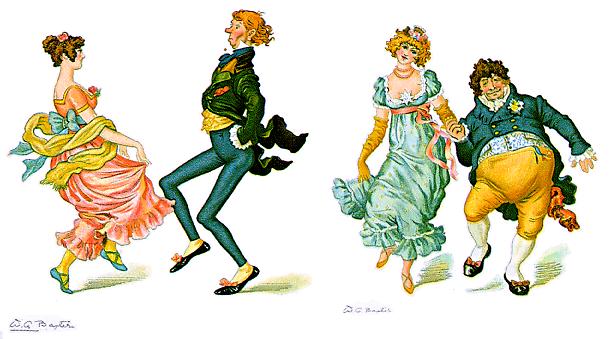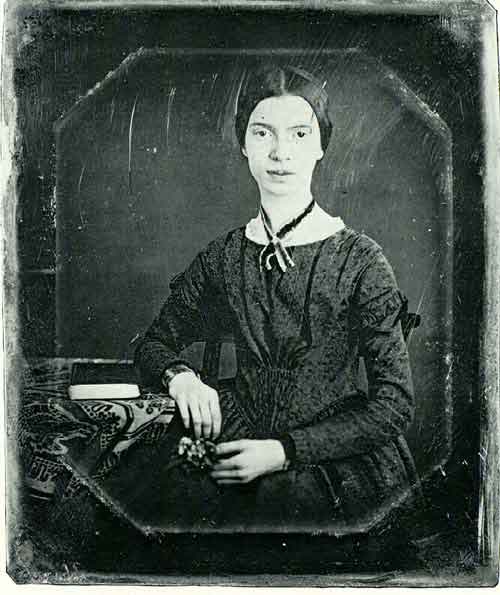
For the past week here in Oklahoma, we’ve been having rather unpleasant weather. Ice, snow, rain, and no sun. My TV and Internet were down, the pets huddled in their fleece beds by the heating vents, but I’ve had a lovely time re-reading Persuasion. It was Austen’s last novel, published after her death, and it’s my favorite of all the books. With Pride and Prejudice a very close second, and all the others tied for 3rd. Or maybe Mansfield Park is 4th. Janet is right–it is literary Big Girl Panties. Though I would a thousand times rather read it again than read, say, Moby Dick.
Anyway, Persuasion. What a beautiful book. If MP is big girl panties, and Moby Dick is fried liver and onions, Persuasion is rich, dark hot chocolate on a cold night. In college, I once wrote a paper contrasting Persuasion and MP, and Anne Elliot and Fanny Price. I’m always struck by how different the two books are, in tone and theme as well as character. Anne shares Fanny’s dutifulness and loneliness, but has a warmth and sweetness, a hidden spirit, Fanny lacks. (Anne also doesn’t go around lecturing people and ruining their fun, even when they richly deserve it!). Fanny ‘wins’ by not changing, by upholding the status quo; Anne wins by doing the exact opposite.
But let’s start at the beginning. Persuasion is about, well, love. Real, lasting love and what it means. About self-deception, the messes families make, narcissism and the unknowability of other people. Communication and the lack thereof. Snobbery and honor. The importance of not jumping off walls. Aging, the passing of time, change and regret.
Anne Elliot is on the shelf. She is in her mid to late 20s, living an invisible life with her insufferable family. Her father, Sir Walter Elliot, “was a man who, for his own amusement, never took up any book but the Baronetage…he could read his own history with an interest which never failed–this was the page at which the favorite volume was always opened: ‘Elliot of Kellynch-Hall’.” He is only interested in himself and what reflects him. His daughter Elizabeth is “very like himself”, and Mary has “acquired a little artificial importance” because she is married. But Anne, “with an elegance of mind and sweetness of character, which must have placed her high with any people of real understanding, was nobody with either father or sister: her word had no weight…she was just Anne.” Her father “had never indulged much hope, he had none now, of ever reading her name in any other page of his favorite work”–to not be in the book was simply not to be, and thus Anne doesn’t really exist. But his profligacy has driven the family into near bankruptcy, and they’re forced to rent out Kellynch-Hall and retreat to Bath, which Anne, like her author Austen, does not like.
Her friend and surrogate mother, Lady Russell, is a “benevolent, charitable, good woman, and capable of strong attachments,” but she also holds “a value for rank and consequence, which blinded her a little to the faults of those who possessed them.” It is mainly she who persuaded Anne, years ago, to refuse the offer of the young naval officer Wentworth, something Anne has regretted ever since. But they will soon meet again.
Regret and the passing of time, of course, are a big theme in Persuasion. I once read an essay that compared Persuasion to Shakespeare’s late romances (Winter’s Tale, The Tempest, Cymbeline), and this seems apt. They both share a bittersweetness, an ‘autumnal’ quality of poignancy and sadness, and the dream of second chances. The story begins in “summer 1814” (the only Austen book set in a specific time). It is “more than seven years…since the little history of sorrowful interest reached its close.” It is a big turning point for England as well as Anne. She had “been forced into prudence in her youth, she learned romance as she grew older.” Like Anne, everything is in a condition of change. All the old stabilities (family, parents, social rank and property, respected names) are called into question. New values are rising to take their place, and change Anne’s life. Nominal gentlemen (like Sir Walter and the odious Mr. Elliot) are shown to be, well, not very gentlemanly at all. Not compared to men like Wentworth and Admiral Croft.
At Lyme, Louisa Musgrove is “convinced of sailors having more worth than any other set of men in England; that they only knew how to live, and they only deserved to be respected and loved.” (Aside from the youthful hyperbole, Anne would agree–“She prized the frank, the open-hearted, the eager character beyond all others”).
By the end, of course, wrongs are righted, miscommunications (of which there have been many) are cleared, and Anne and Wentworth are united at last (“There they exchanged again those feelings and those promised which had once before seemed to secure every thing, but which had been followed by so many, many years of division and estrangement. There they returned again into the past more exquisitely happy…than when it had been first projected”). But unlike previous Austen marriages (the Darcys with Pemberley, Fanny Price and Mansfield, Emma and her two houses), endless stability is not on the horizon for the Wentworths. War is threatened; the new values, not secured by property and conventional society, will be tested. “She (Anne) gloried in being a sailor’s wife, but she must pay the tax of quick alarm for belonging to that profession which is, if possible, more distinguished in its domestic virtues than its national importance.” We have to trust in their own constancy and emotional stability to see them through.
What do you think of Persuasion, of Anne and Wentworth and their brave new world? We’re so glad you’ve joined is for our Austen Week! It’s been so much fun to share our love of these books.
Be sure and comment for a chance to win a copy of Maggie Lane’s Jane Austen’s World! (One of those books I ordered not realizing I already had a copy. Oops!). And keep up with these special events and giveaways by signing on for our newsletter at riskies@yahoo.com .




















